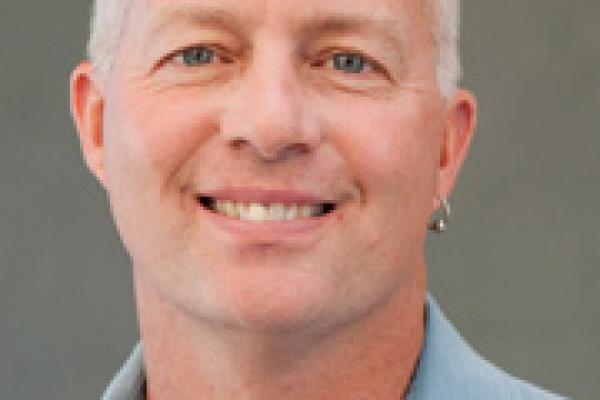Sep 25, 2015
I’ve had five Advanced Pastoral Counseling students work in the community with domestic abuse, five students write doctoral dissertations addressing abuse or misogyny in the faith community, and had many of my Pastoral Counseling students share how they are addressing abuse in their congregations or serving in the community on councils or teams to raise awareness. We have witnessed a strong connection between some of the pastors in our community and with agencies that help protect women and hold men accountable. I feel that training students in seminary is one major way to develop a network of clergy who will support this cause.
Read the Full Article

Already a subscriber? Login
